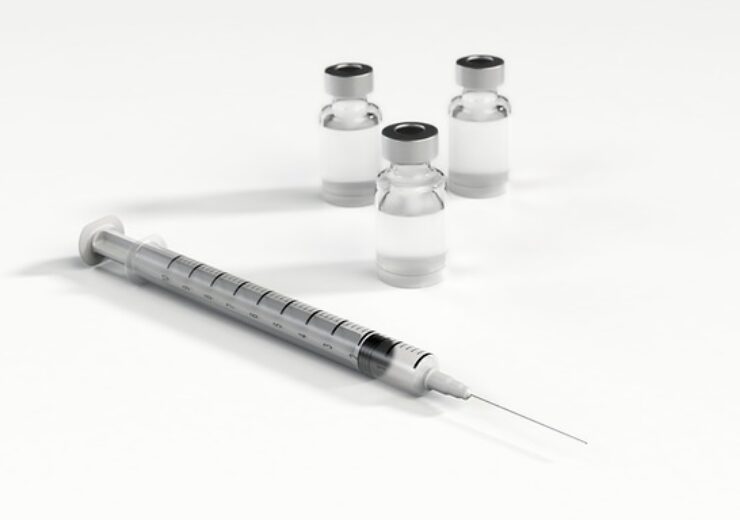The company’s BLA is supported by results from the HOPE-B clinical trial that evaluated the safety and efficacy of etranacogene dezaparvovec in 54 adult patients with haemophilia B, requiring prophylactic FIX replacement therapy

Etranacogene dezaparvovec is a potential haemophilia B therapy. (Credit: Arek Socha from Pixabay)
The US Food and Drug Administration (FDA) has accepted CSL Behring’s Biologics License Application for etranacogene dezaparvovec (CSL222) for priority review
CSL Behring, a subsidiary of Australian biotechnology firm CSL, said that the drug has been specifically designed to enable the near-normal blood-clotting ability in haemophilia B patients.
CSL222 works by addressing the underlying cause of haemophilia B, a faulty gene that causes a deficiency in clotting Factor IX (FIX).
In the clinical trials, etranacogene dezaparvovec has been shown to significantly reduce the rate of annual bleeds in people with haemophilia B, after a single one-time infusion.
If approved, CSL222 will become the first gene therapy treatment option for haemophilia B patients, said CSL Behring.
CSL haematology R&D vice president Brahm Goldstein said: “FDA’s acceptance of the etranacogene dezaparvovec BLA for priority review is another pivotal milestone in CSL Behring’s commitment to deliver innovative treatment options that address unmet needs for people living with rare diseases.
“For more than 35 years, CSL Behring has been at the forefront of innovation in the treatment of hereditary bleeding disorders, offering the largest portfolio of treatment options for the community including a novel, long-acting prophylaxis FIX replacement treatment.
“We look forward to continuing to work with the FDA throughout the review process of the BLA and with our partners at uniQure to potentially provide a new transformative treatment option to people with haemophilia B.”
The company’s BLA is supported by results from the HOPE-B, a multinational, open-label, single-arm study that evaluated the safety and efficacy of etranacogene dezaparvovec.
The study recruited 54 adult patients with haemophilia B, requiring prophylactic FIX replacement therapy.
In the study, Hemophilia B patients treated with etranacogene dezaparvovec experienced a 64% reduction in adjusted annualized bleeding rate (ABR) and superiority to prophylaxis treatment.
The clinical development program for etranacogene dezaparvovec was initially led by Dutch biotech company uniQure.
The clinical trials were later conducted by CSL Behring after it acquired the global rights to commercialise the investigational treatment.
CSL executive vice president, R&D head and chief medical officer Bill Mezzanotte said: “The acceptance of etranacogene dezaparvovec for review by the FDA brings us closer to our goal of delivering a life-changing treatment option for people with haemophilia B.
“Etranacogene dezaparvovec, potentially the first gene therapy approved for haemophilia B, further demonstrates CSL’s promise to relentlessly pursue innovative and disruptive technologies when it benefits rare and serious disease patients with unmet medical needs.”
